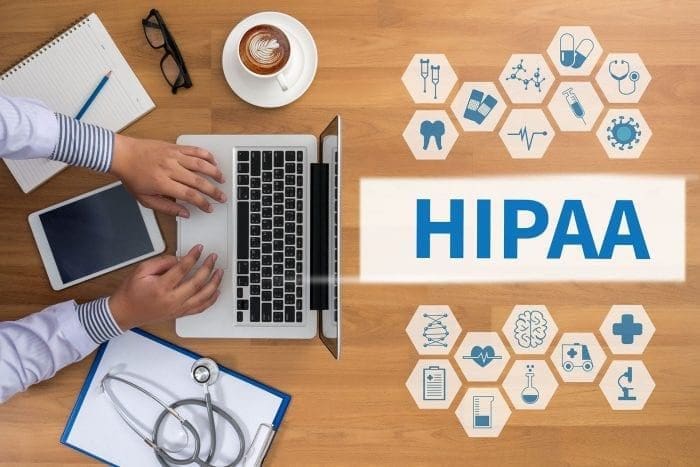HIPAA Compliance for Social Media
Categories
- Advertising(71)
- Copywriting(37)
- Design(44)
- Development(20)
- Get to Know Our Work(7)
- In Conversation(3)
- Photography(7)
- SEO(10)
- Social Media(37)
- Video(4)
Archives
- April 2025
- July 2024
- March 2024
- February 2024
- January 2024
- December 2023
- October 2023
- July 2023
- June 2023
- May 2023
- April 2023
- March 2023
- February 2023
- January 2023
- December 2022
- November 2022
- October 2022
- June 2022
- May 2022
- April 2022
- March 2022
- February 2022
- January 2022
- November 2021
- October 2021
- September 2021
- August 2021
- July 2021
- June 2021
- May 2021
- April 2021
- March 2021
- February 2021
- January 2021
- September 2020
- August 2020
- July 2020
- June 2020
- May 2020
- April 2020
- March 2020
- February 2020
- December 2019
- November 2019
- October 2019
- September 2019
- May 2019
- April 2019
- March 2019
- February 2019
- January 2019
- December 2018
- November 2018
HIPAA Compliance for Social Media
-
Posted by Beth
- November 14, 2018
- in
- 0
- Comments Off on HIPAA Compliance for Social Media

For most companies, interacting with customers on social media is a comparatively simple process. For those in the healthcare industry, it’s much more sensitive. Clinics and doctors must comply with HIPAA rules 24/7- even on social media. Here are a few ways you can ensure that you aren’t breaking HIPAA rules when interacting with patients on social media.
Here’s the important fine print stuff: This blog is for informational purposes only, and it is not intended, and should not be interpreted, as legal advice. No attorney-client relationship is created between you and Impact Marketing or any of its officers, employees, agents or affiliates based on your receipt or review of this blog or your retention of Impact Marketing. For advice on specific legal problems, please contact an attorney.
First and foremost, NEVER post anything about a patient without a signed, HIPAA compliant release form upfront. This includes photos, videos, testimonial statements, or anything that might identify a patient. Using patient information on social media is off limits without a release.

Don’t confirm that anyone is your patient— even if they refer to it first. Facebook and Google give the option for patients to review their providers. When replying to these reviews, never say anything that implies or confirms the care and treatment the patient received. Even though the fact a patient received care at your office is implied when they write a review, it is against HIPAA rules to disclose a patient’s health information.
Don’t give out any patient information. When replying to a patient or visitor’s comments or reviews on social media, be careful not to give out any information about any patient. It’s always best to be safe by asking the commenter to call your office to discuss the issue over the phone.

All these rules apply to public social media pages, such as the Facebook page for a doctor or clinic, as well as private groups and personal Facebook pages. For example, if the staff at a hospital have a private Facebook group in which they can communicate about schedules or post relevant industry information. Even though that group is private, it is still a HIPAA violation to discuss patients in that group. This includes posting videos or photos, as well as gossiping about patients. Individual healthcare workers are also not allowed to violate HIPAA on their personal social media pages.
For help managing your healthcare social media pages, contact Impact Marketing today!

